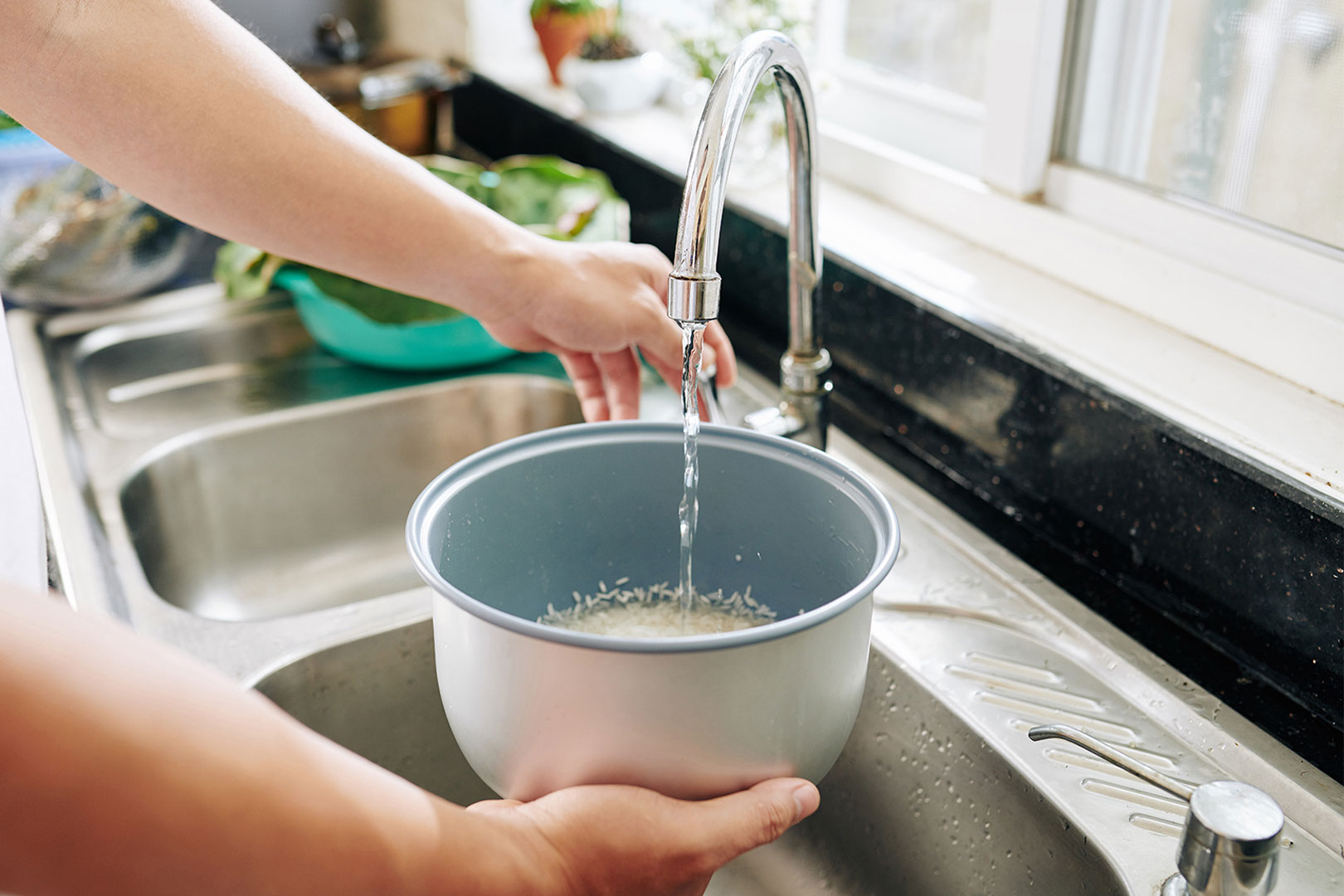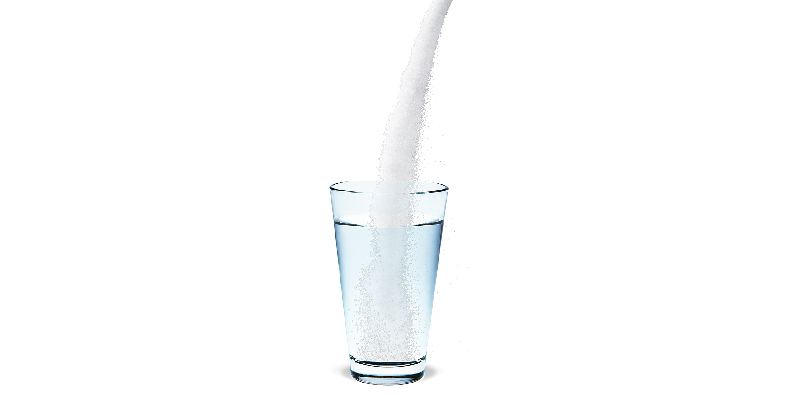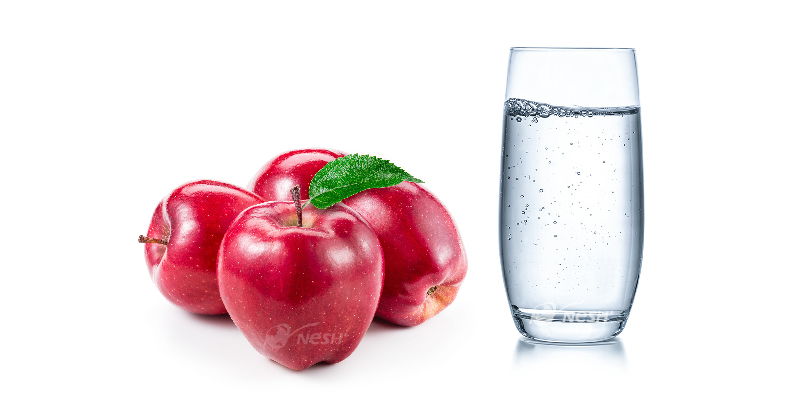When it comes to cooking rice, what kind of water do you use? Tap water is a general choice as it is the most convenient and accessible option. However, did you know that this habit can have negative impact on your health?
Why can’t we cook rice directly with tap water?
According to experts, tap water contains 60 harmful impurities, some of which are invisible to our naked eye, such as chlorine, lead, cadmium and more.
Chlorine is a common disinfectant chemical used to kill bacteria and viruses in water. To ensure the tap water is safe for home use when flows from the water treatment plant, at least 0.2 milligrams of chlorine is added to every litre.
When you use tap water containing chlorine to cook rice, chlorine will be absorbed into the rice and eventually end up in you stomach.
Additionally, chlorine can destroy some of the nutritional components of rice, such as vitamin B1. It will also combine with other organic compounds and turn into harmful substances such as trihalomethanes, which may further destroy the nutritional components.
More worrying is if your home uses lead-containing water pipes or faucets, especially installed in the older buildings, you need to be cautious. Long term consuming rice cooked with lead-containing water may cause health issues such as slow physical and mental development in infants and children, kidney disease and high blood pressure.

Protecting our health starts with the water for cooking rice!
No doubt using tap water is easy and convenient, but it does pose certain risks to our health. Therefore, we suggest you using a water filter to effectively remove chlorine, lead and other harmful substances from water, ensuring your water is clean and it can significantly improve the taste and texture of rice.
When choosing a water filter, NESH has a useful tip for your reference, you may choose according to the types and concentration of pollutants in your country’s tap water, so that you can ascertain which filtration materials have the optimal cleaning effects.
Comparatively, choosing filtered water over tap water guarantees the safety and nutritional value of our food.
On the path of healthy eating, paying attention to the source is key to better taking care of yourself and your family!







